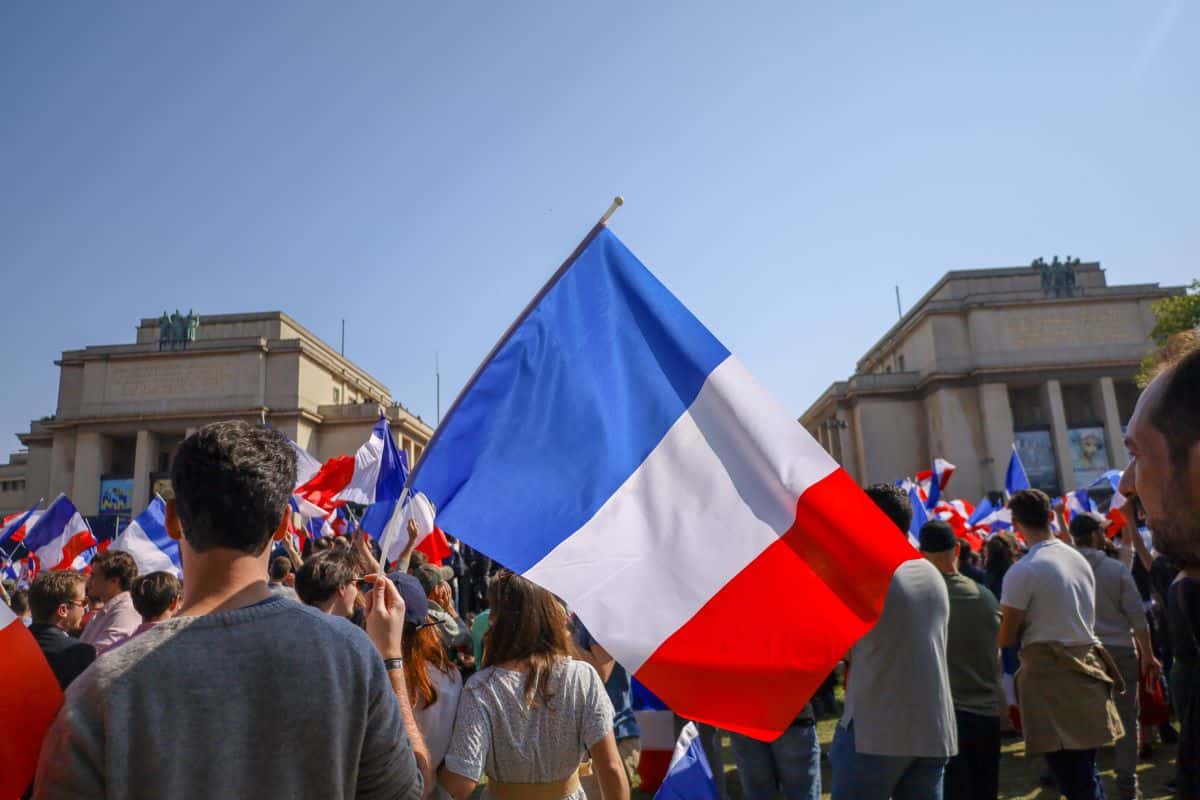The recent legislative election in France has resulted in a hung parliament, presenting challenges and opportunities for Prime Minister Keir Starmer as he attempts to “reset” the UK’s relationship with the EU. Here’s the full story.
Switching Places
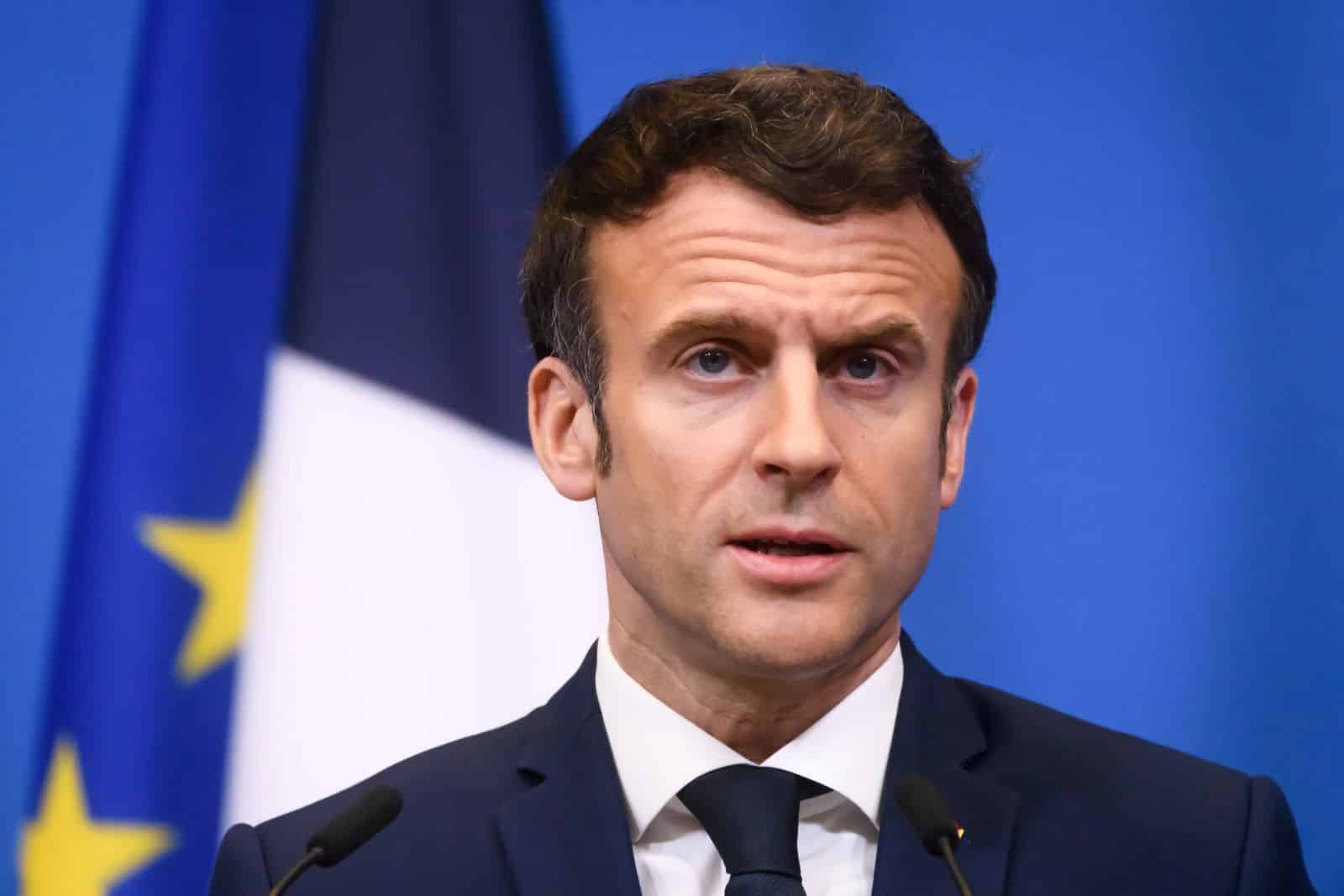
It seems that France and the UK may have recently switched places. Following years where President Emmanuel Macron, a steady centrist, governed France while Britain seemed nigh ungovernable under years of Conservative rule, the tables have turned within the last few days.
Landslide Victory for Labour
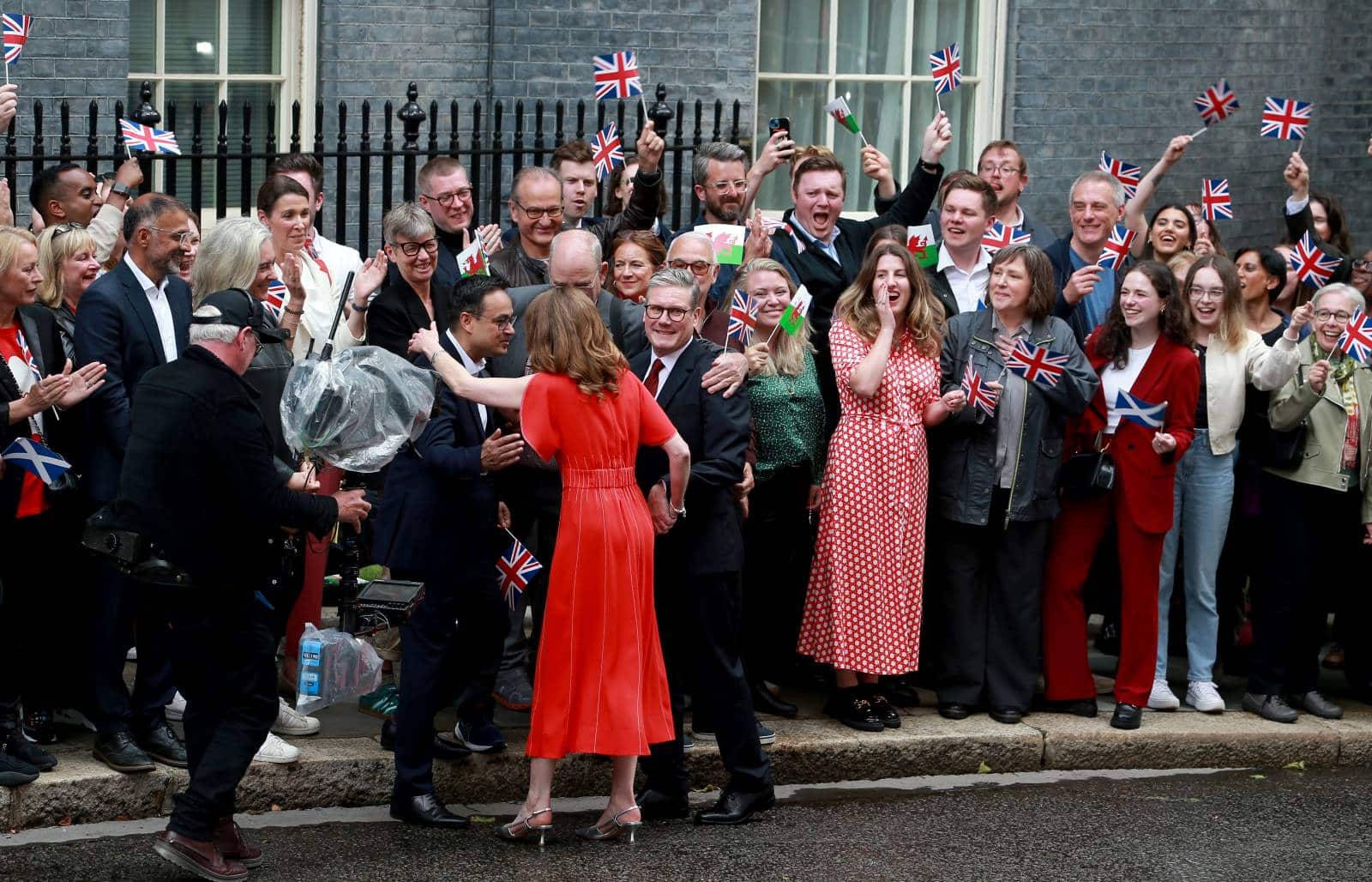
Just days after the UK’s recent landslide victory for Labour, ushering in a steady centrist, France’s recent legislative elections have resulted in a hung parliament, in a system designed to prevent such an outcome. The stage is now set for intense political uncertainty and potential coalition building.
Hung Parliament Results
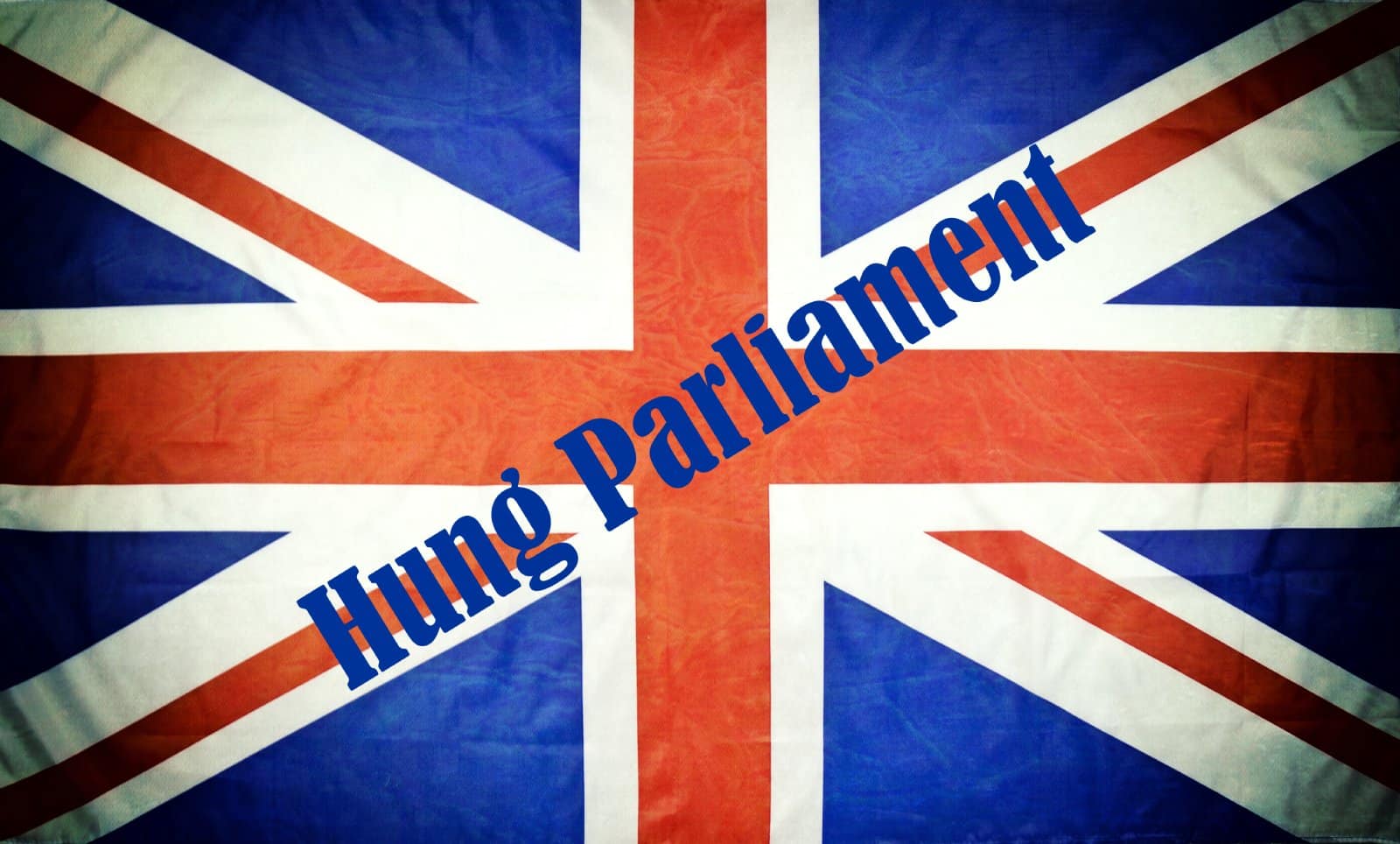
Following weeks in which it looked like France’s far-right National Rally (RN), a quasi-fascist party led by Marine Le Pen and begun by actual fascists, might be voted into power for the first time, the second round of voting in France’s legislative election saw the opposite, as the left-wing New Popular Front (NPF) emerge as the leading bloc, securing over 180 seats in the National Assembly.
Centrist Alliance Followed
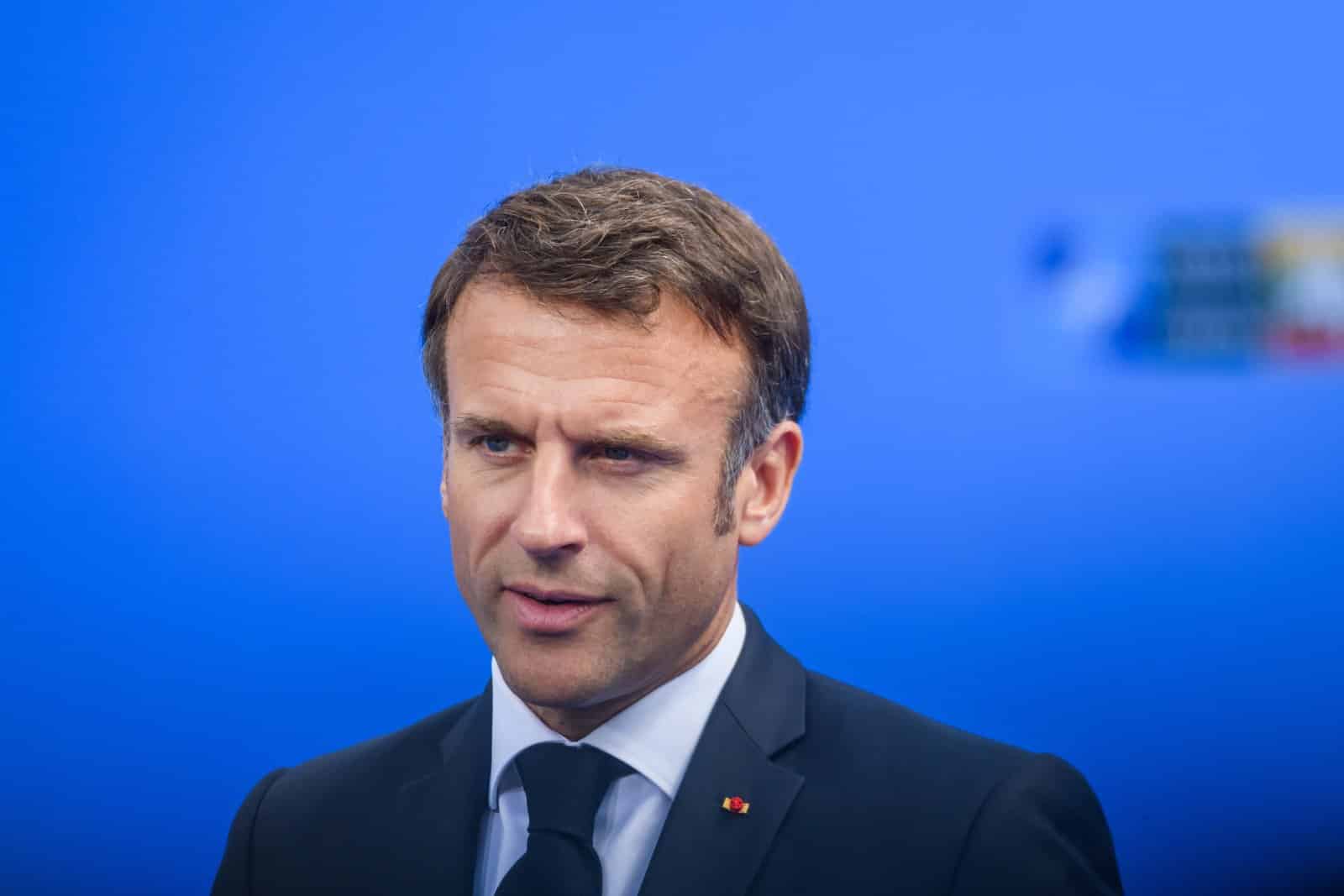
President Emmanuel Macron’s centrist alliance, Together, followed closely with more than 160 seats. RN and the NPF had reached a tentative agreement to stand down candidates in constituencies where there was a clear favourite from either party to not split the vote and let the far right in.
Far-Right in Third Place

The far-right National Rally garnered over 140 seats, placing third. Despite the NPF’s leading position, the results have led to a hung parliament, as no single faction achieved the 289 seats required for an outright majority.
Unfamiliar Challenge
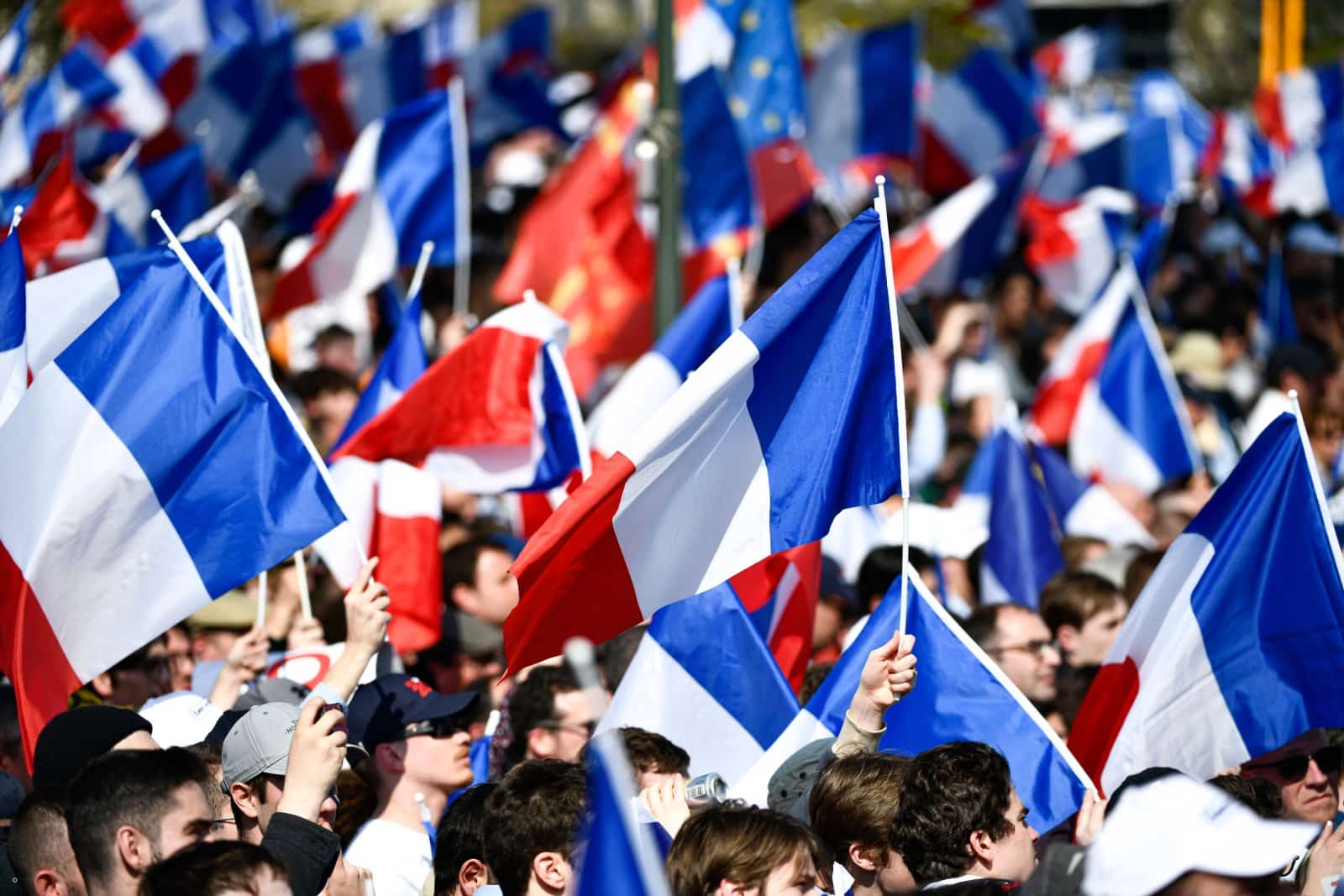
France’s political system, designed to produce strong presidential majorities, now faces the unfamiliar challenge of coalition-building. Jean-Luc Mélenchon, leader of the hard-left France Unbowed (LFI) and a key figure in the NPF, has ruled out forming a broad coalition with parties of different ideological stripes. He insists that President Macron should call on the leftist alliance to rule.
Macron Excludes LFI
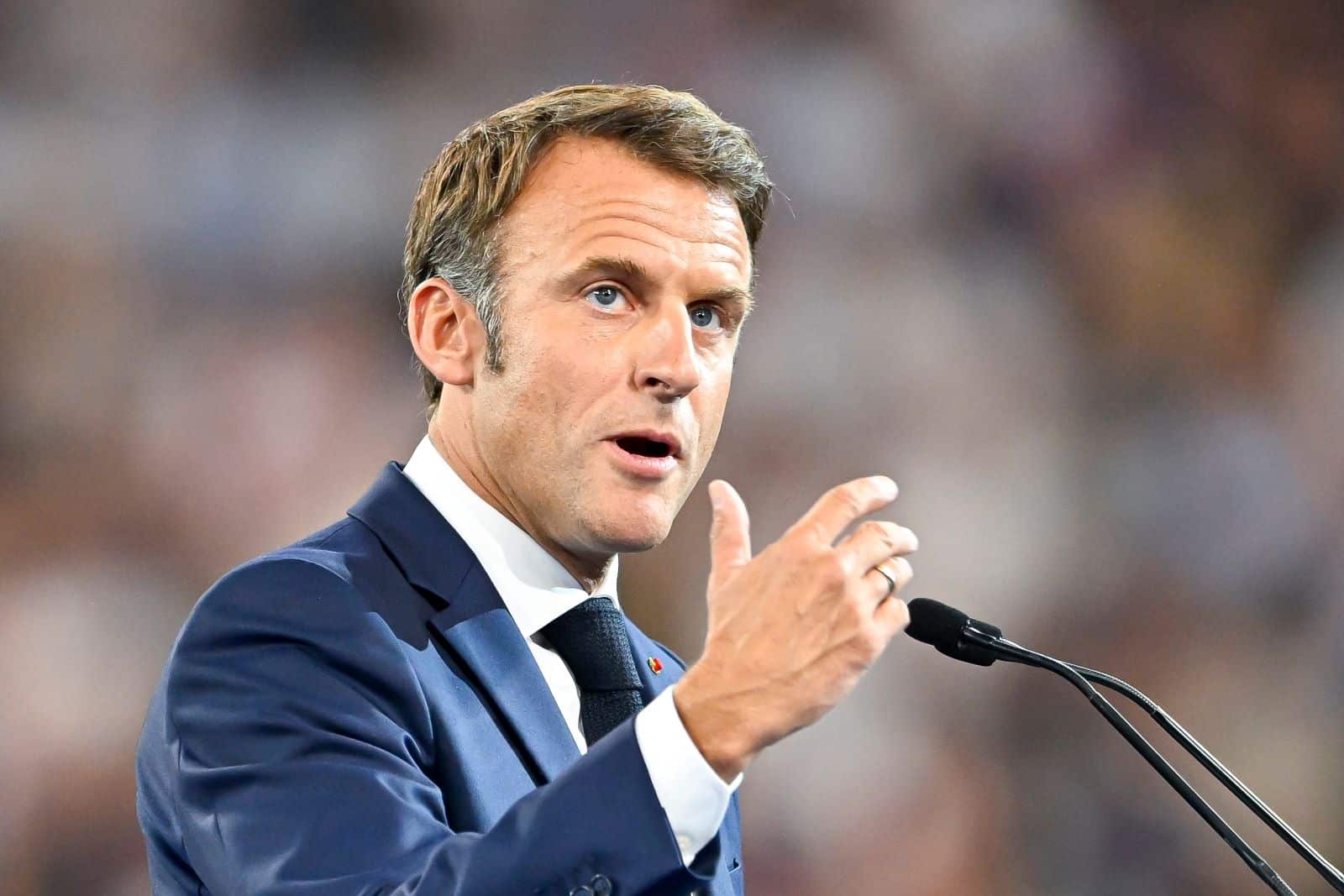
On the other hand, Macron’s camp, led by party head Stéphane Séjourné and former Prime Minister Édouard Philippe, has categorically excluded any alliance with the LFI.
NPF Coalition Composition

The New Popular Front is a coalition comprising Socialists, Ecologists, Communists, and France Unbowed. Despite their ideological differences and historical rivalries, these groups united to keep the far-right RN out of power.
NPF’s Agenda
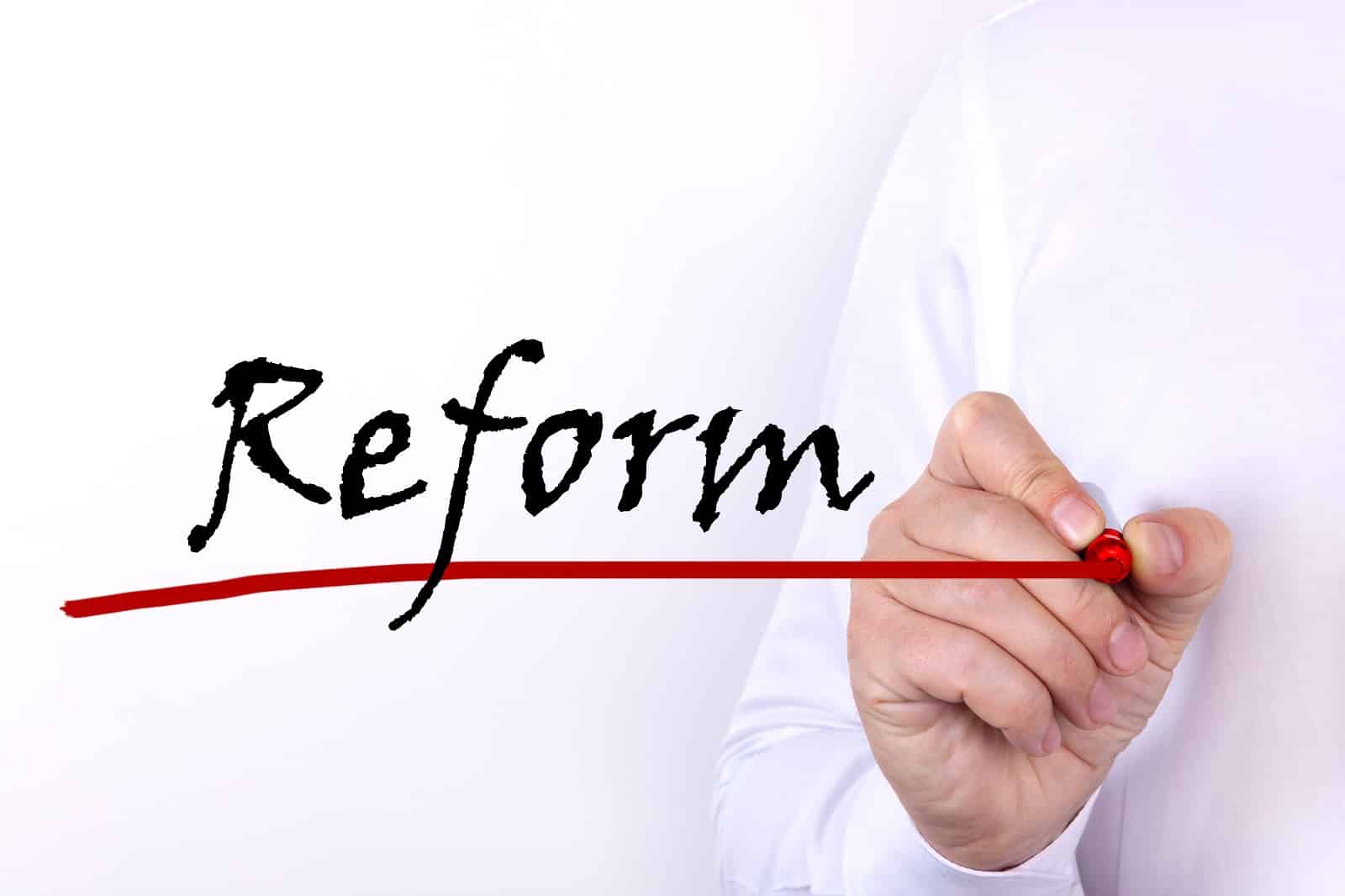
The NPF’s agenda includes scrapping recent pension and immigration reforms, establishing a rescue agency for undocumented migrants, and raising the minimum wage, all policies Macron implemented or vehemently opposed.
Strategic Dilemma
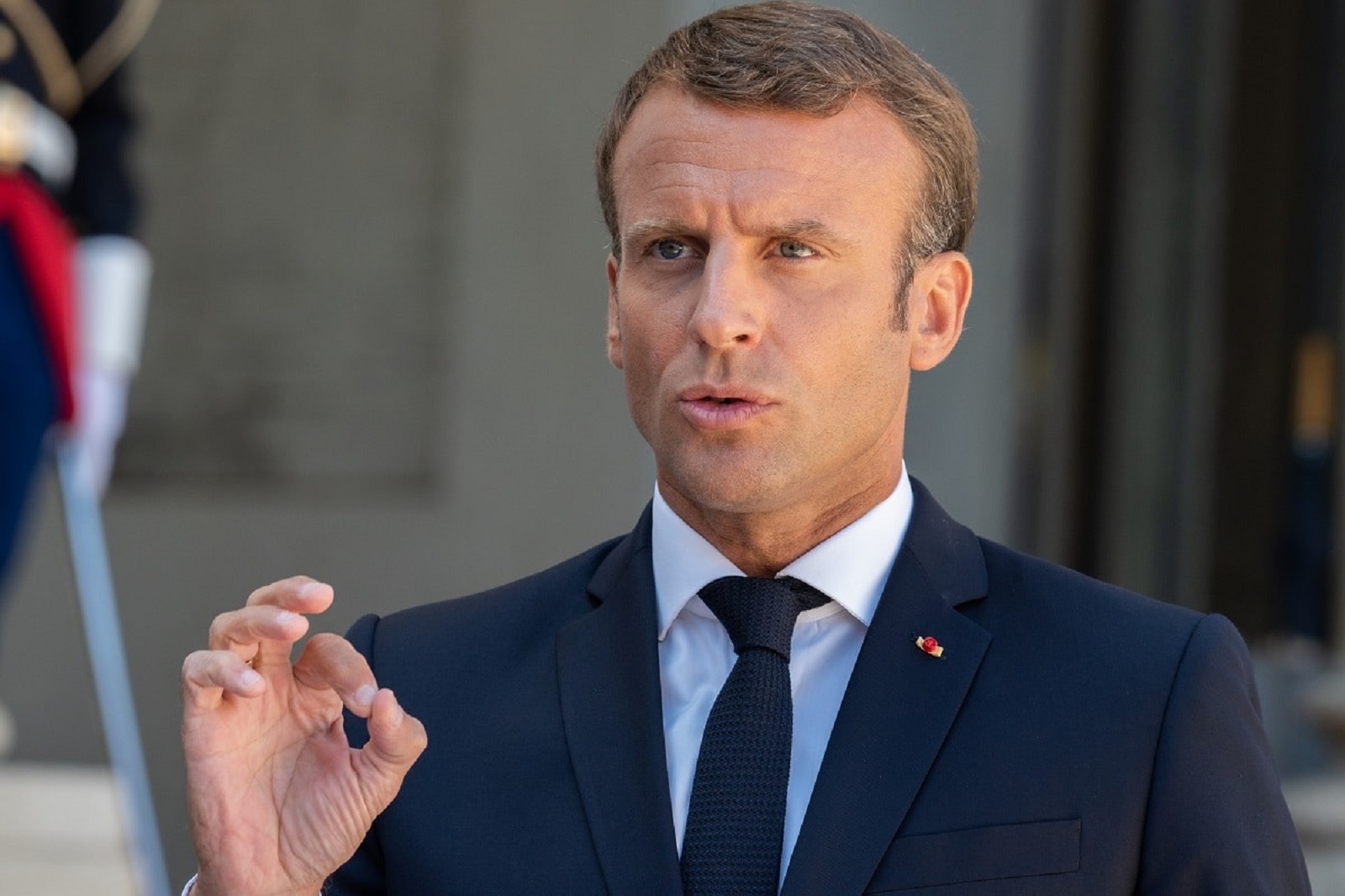
President Macron faces a strategic dilemma with the election results leading to a fragmented parliament. He has asked Prime Minister Gabriel Attal to remain in office temporarily despite Attal’s offer to resign.
Macron’s Next Move

Macron’s next move depends on the evolving structure of the new assembly, which will convene for 15 days starting July 18. One potential strategy for Macron is to attempt to peel off moderate Socialists and Greens from the NPF to form a centre-left coalition. However, the cohesiveness of the NPF suggests that such a split is unlikely in the immediate future.
UK’s Cautious Optimism
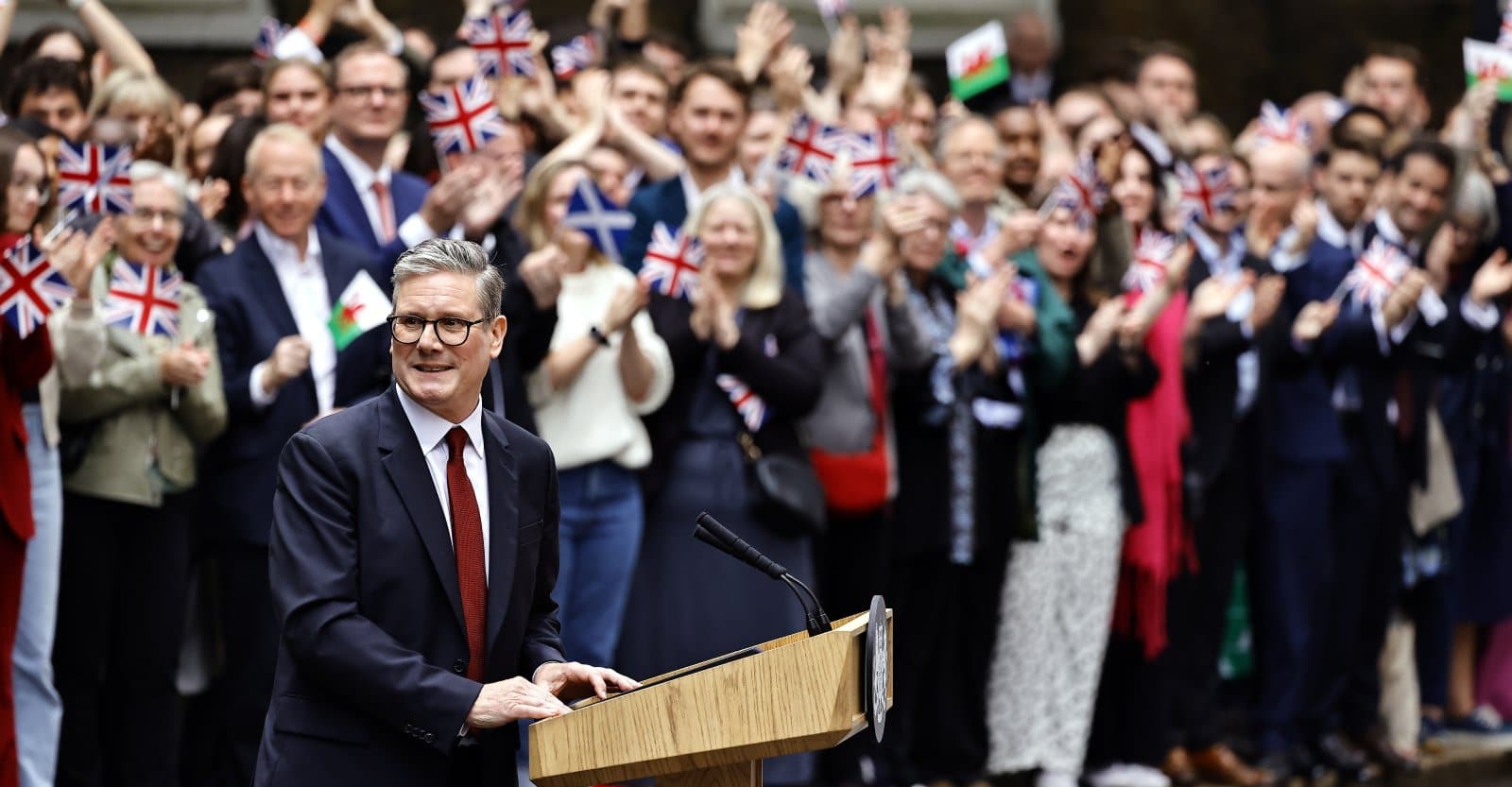
In the United Kingdom, the election outcome has been met with cautious optimism, with Prime Minister Keir Starmer’s spokesperson stating, “France is obviously one of the UK’s closest partners – as Nato and G7 members we have many shared interests. The Prime Minister has said previously he will work with any government in Europe and across the world.”
Good Relationship

The Prime Minister reportedly has a good relationship with Macron. The pair met before Starmer was elected, and Macron called him after his historic win to pledge that France would “continue the work begun with the UK for our bilateral cooperation, for peace and security in Europe, for the climate and for AI.”
Closer Alignment
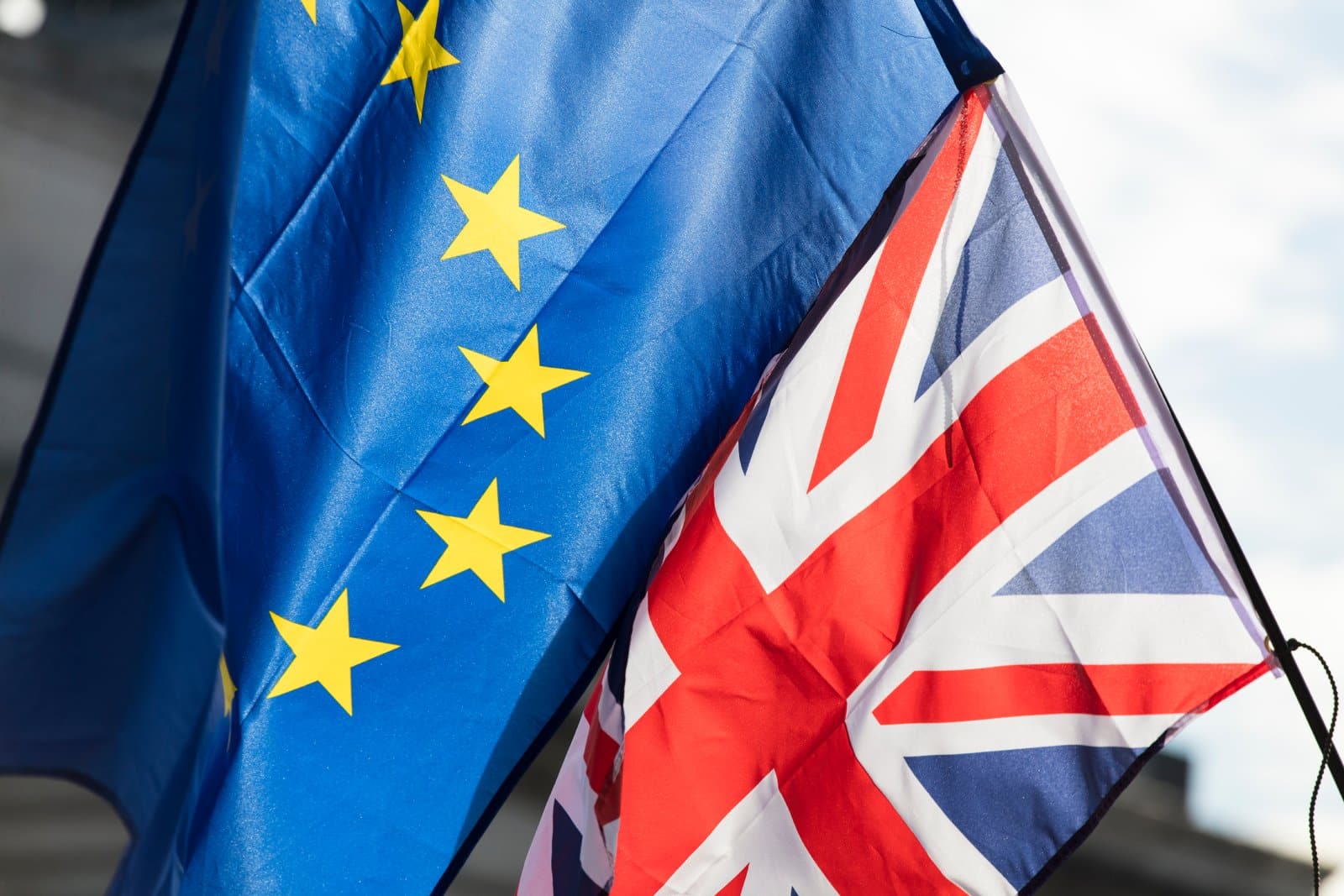
This will undoubtedly be good news for Starmer, as he and Macron have repeatedly pushed for closer alignment between the UK and the EU.
EU Implications
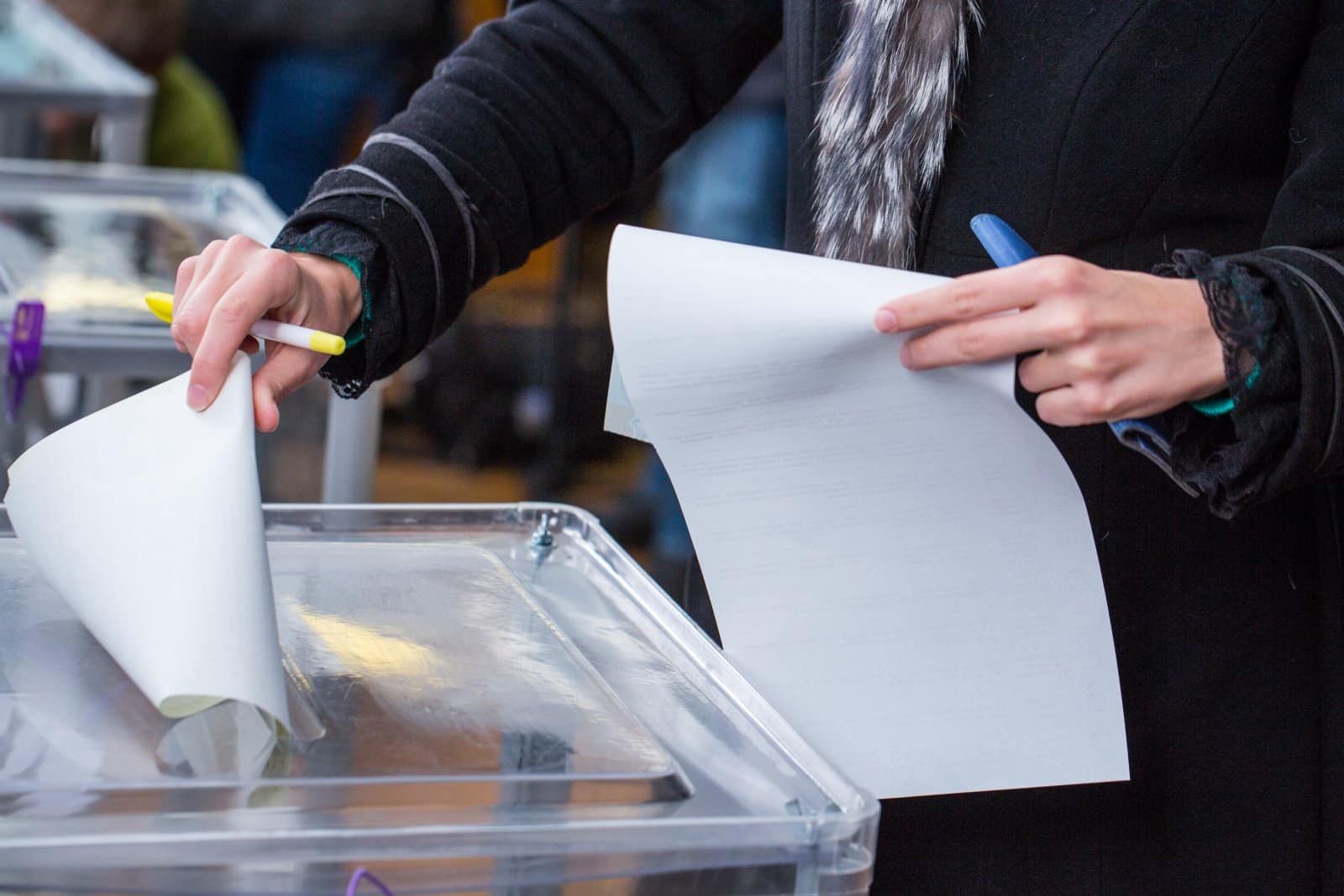
The election results also have significant implications for the European Union. Macron’s pro-European stance and ongoing efforts to strengthen EU integration face new challenges with a deeply divided French parliament.
Challenges With Brussels

The NPF’s critical views on specific EU policies and their radical economic agenda could complicate Macron’s interactions with Brussels. Despite this, the defeat of the far-right RN, which harbours strong Eurosceptic sentiments, is seen as a relief for pro-EU advocates.
Political Complexity
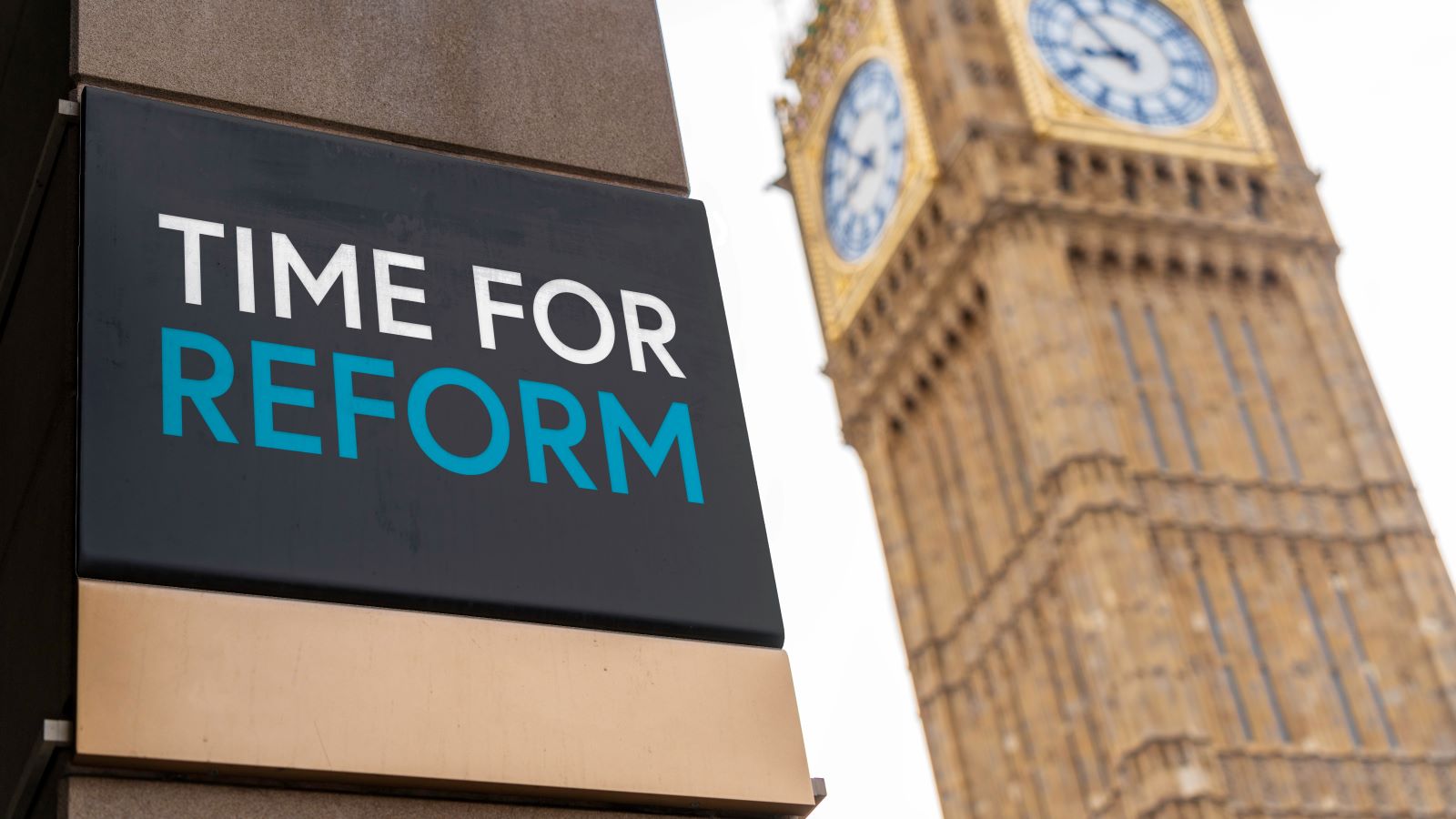
France’s legislative election has ushered in a period of political complexity and potential realignment. The path to forming a stable government remains uncertain, with no clear majority and significant ideological divides.
Uncertain Future

It remains to be seen whether President Macron can navigate this fragmented landscape to avoid legislative gridlock and, if he can’t, what that might mean for France’s relationship with the UK and the EU.
Featured Image Credit: Shutterstock / EricBery.

